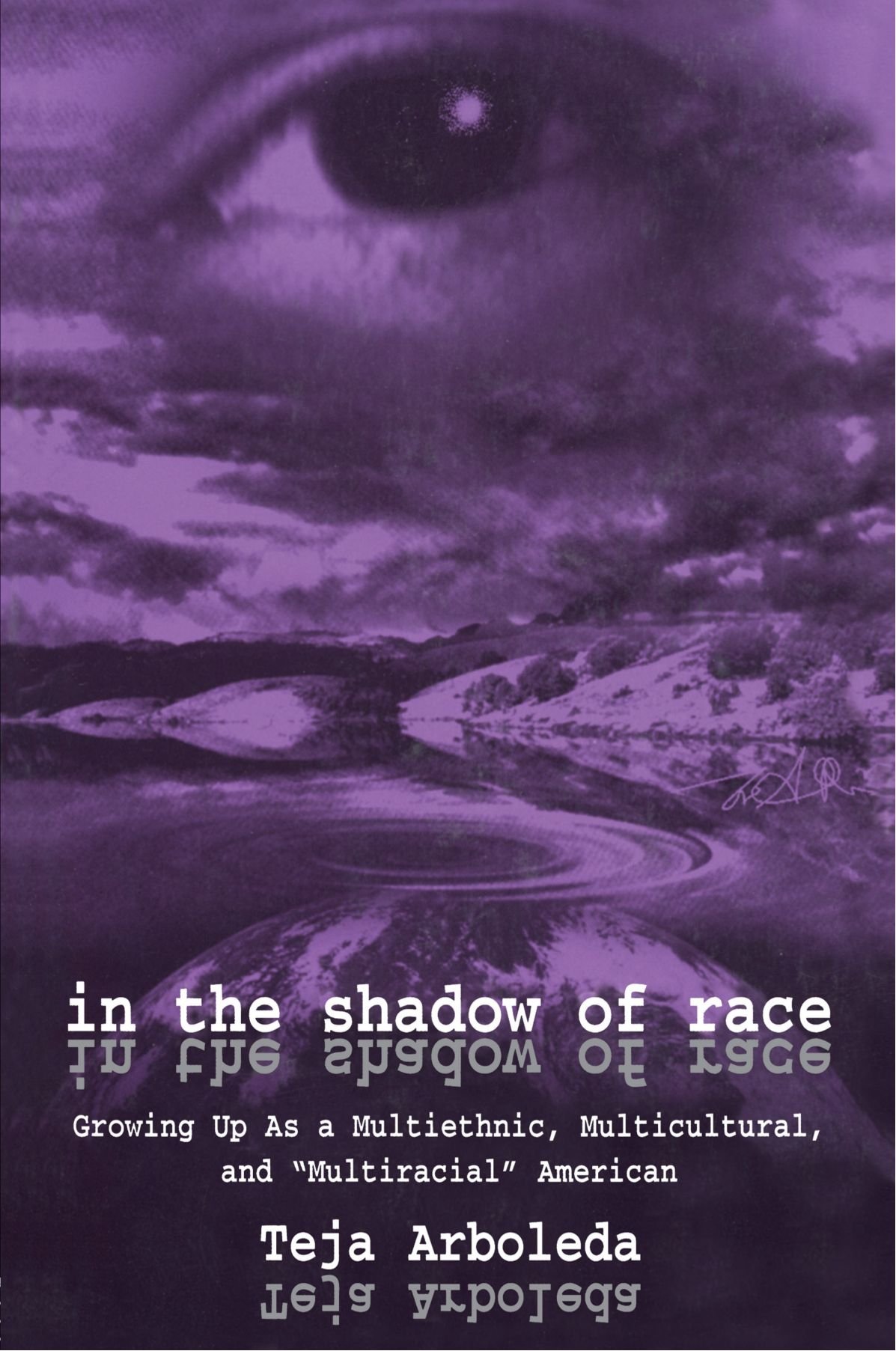From ‘blood quantum’ to multiracial bill of rights, Dolezal saga ignites talk of identityPosted in Articles, Identity Development/Psychology, Media Archive, Passing, United States on 2015-07-10 20:49Z by Steven |
From ‘blood quantum’ to multiracial bill of rights, Dolezal saga ignites talk of identity
The Seattle Times
2015-06-17
Nina Shapiro, Seattle Times staff reporter
The endless fascination with the Rachel Dolezal story reveals our hunger to talk about racial identity in all its complexity.
When Amanda Erekson was in her early 20s, a friend introduced her to a Japanese-American woman at a party. “Amanda is Japanese-American, too!” her friend enthused.
“The person was shocked,” Erekson recalls. “I know white people who look more Japanese than you,” the woman said.
The comment stung. Erekson, who is multiracial, identifies strongly with her Japanese-American heritage, although her appearance leads most people to assume she is simply white.
This kind of skeptical reaction is one reason the 33-year-old New Yorker, president of MAVIN, an organization devoted to the multiracial experience, bemoans the international media sensation that is Rachel Dolezal. Because of the former Spokane NAACP president, who resigned from her post Monday after her parents said she had been posing as black, Erekson says “it will be that much harder” for people like her…
…Race — or more specifically racial identity — has been Topic A in the national conversation over the past week. And it is one of the most nuanced and interesting conversations we’ve ever had.
People obviously have a deep need to talk about the subject, and to talk about it in complex ways, says New Jersey filmmaker Lacey Schwartz. She saw that same need in the outpouring of personal stories sparked by the making of her recent film “Little White Lie,” a documentary about growing up in a Jewish family and discovering in college that her biological father is African American…
To some extent, the current conversation involves picking apart details of the Dolezal saga, which seems to get stranger by the day.
Witness Dolezal’s assertion Tuesday, despite a birth certificate produced by Lawrence and Ruthanne Dolezal, that there’s no proof that the couple are her biological parents. She evinced a similar squishiness on NBC’s “Today” show earlier in the day when she said that she “identified” as black.
Whatever story she has that prompts such a statement, she’s not “owning it’ by honestly talking about it, Schwartz says. The filmmaker also objects to Dolezal’s declaration on “Today” that she needed to present herself as black because otherwise it wouldn’t be “plausible” to assume guardianship, as she did, of one of her adopted African-American brothers.
“That is a real diss,” Schwartz says. “My mother is white. I know lots of white people raising children of color.”
Yet, Camille Gear Rich, a professor of law and sociology at the University of Southern California, points out that parents who look different from their children often face incredulous questions. That intrusiveness might have pushed her into “going too far” by lying about her race, Rich says…
…Backlash
Yet this insistence on racial labeling faces a backlash.
MAVIN arose in 1998 in response to a growing desire by multiracial people to identify themselves in ways that might differ from how they are perceived. The group looks to a landmark “bill of rights for people of mixed heritage” produced by Seattle psychologist Maria P.P. Root.
Some key passages: “I have the right … To identify myself differently than strangers expect me to identify. To identify myself differently than how my parents identify me. To identify myself differently than my brothers and sisters. To identify myself differently in different situations.” Also: “I have the right … To change my identity over my lifetime — and more than once.”…
Read the entire article here.


